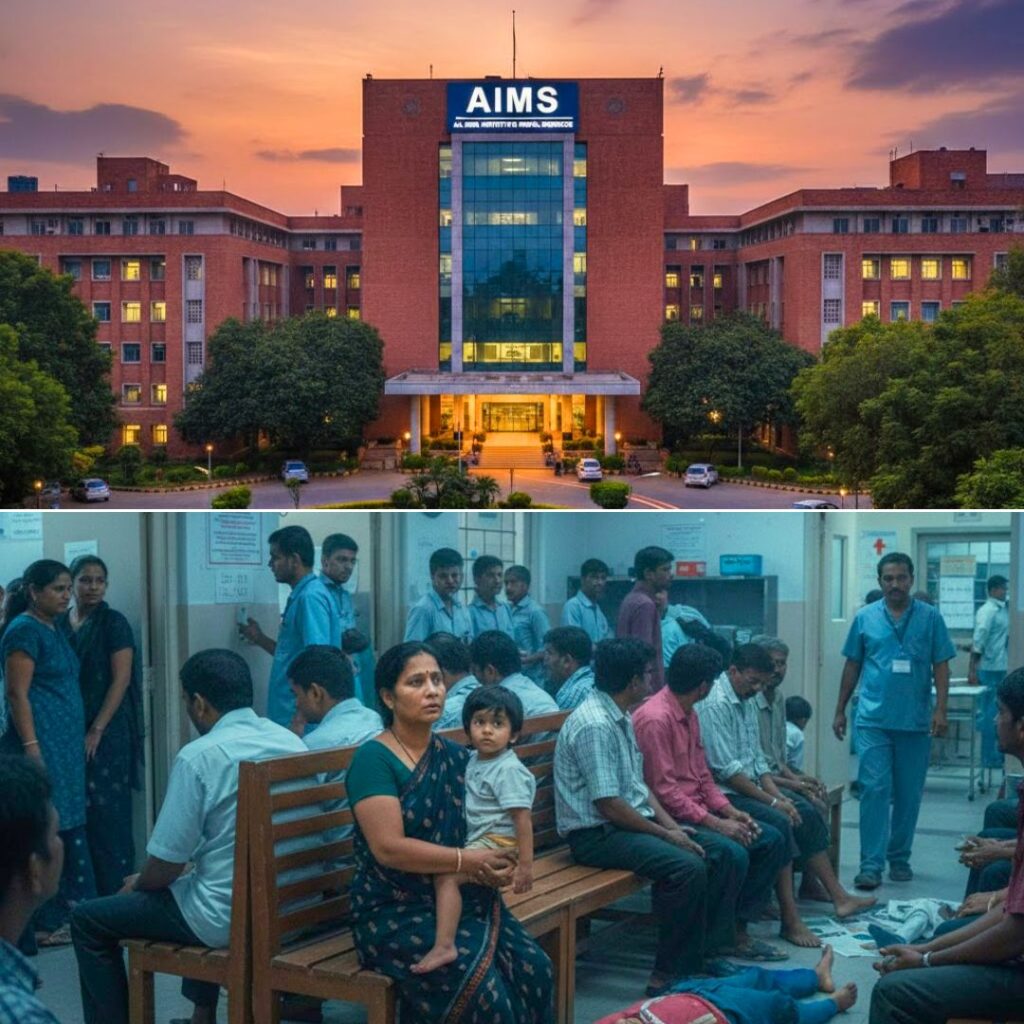The Jammu & Kashmir and Ladakh High Court, on Monday, October 13, refused to grant interim relief to multiple petitions challenging the government’s forfeiture of 25 books accused of propagating secessionism under Section 98 of the Bharatiya Nagarik Suraksha Sanhita (BNSS).
The case, involving noted authors and public figures, now awaits a final hearing on December 4, with both the Centre and the J&K government directed to respond to the pleas. Petitioners condemned the move as arbitrary and lacking specific evidence, while officials cited concerns about the endangerment of national integrity.
Court’s Decision: Interim Relief Denied
A specially constituted three-judge bench led by Chief Justice Arun Palli, Justice Rajnesh Oswal, and Justice Shahzad Azeem issued notices to the government regarding four petitions, including those filed by high-profile petitioners like Air Vice Marshal (Retd.) Kapil Kak, Dr Sumantra Bose, Dr Radha Kumar, and Wajahat Habibullah.
The bench declined a public interest litigation from CPI(M) MLA Mohammad Yousuf Tarigami, reasoning that the issue lacked broad public interest and resonated mainly within intellectual circles. The notification-issued by the J&K Home Department on August 5 empowered authorities to search and seize the banned works, citing dangers posed by their alleged purported promotion of secessionist ideas.
Stakeholders’ Arguments and Official Stance
Petitioners, represented by advocates such as Vrinda Grover, argue that the notification fails to specify which portions of the books are problematic and relies only on broad, unsubstantiated claims of secessionism. They accused the home department of overreaching, saying that sweeping bans undermine academic and constitutional freedoms and “completely wipe out our right to know”.
In contrast, the government insists the literature contributed to youth radicalisation, glorified terrorism, distorted historical facts, and vilified security forces, deeply impacting the psyche of local youth.
The ban includes prominent works by internationally acclaimed authors such as A.G. Noorani, Sumantra Bose, Arundhati Roy, Pankaj Mishra, Hafsa Kanjwal, and others, many published by respected international presses.
Background and Legal Context
The Supreme Court previously directed petitioners to approach the High Court, prompting constitution of the full special bench for this complex matter. Legal arguments centre on the balance between state powers under Section 98 BNSS and constitutional guarantees of free speech. P
etitioners reference Supreme Court judgements (Narayan Das Indurakhya v. State of Madhya Pradesh, Harnam Das v. State of Uttar Pradesh) requiring detailed, reasoned orders rather than vague statutory quotations. The notification, critics argue, lacks evidence or factual analysis of the books involved, raising fears of further curtailment of researchers’ ability to provide historical and social context in their work.
The Logical Indian’s Perspective
The Logical Indian firmly believes that peace and societal harmony flourish through dialogue, empathy, and informed debate. Bans on academic and historic literature must be justified transparently and based on clear, evidence-based reasoning; otherwise, they risk undermining democratic values and stifling intellectual growth.
While national security is undeniably vital, open criticism and academic reflection are essential pillars of a vibrant democracy.










